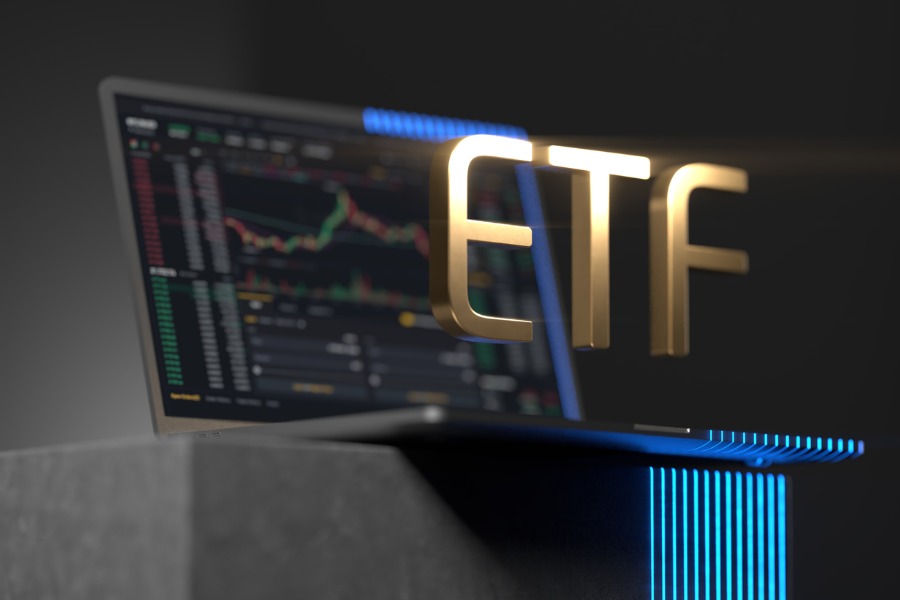

Final approval of exchange-traded funds linked to Ether, the world’s second-most popular digital asset, could come during the summer, Securities and Exchange Commission Chair Gary Gensler told lawmakers.
“Individual issuers are still working through the registration process that’s working smoothly,” Gensler said during a Thursday hearing before a Senate Appropriations subcommittee.
Gensler’s remarks are yet another indication that the much-awaited launch of Ether ETFs could be getting closer. The SEC approved an initial round of applications last month from several exchanges to trade the products.
Ultimate approval of the handful of issuer registration statements depends on the quality of disclosures to investors. The process is being handled at the staff level, he said. The agency cleared the launch of spot Bitcoin ETFs in January.
Gensler was responding to questions from Senator Bill Hagerty, a Tennessee Republican and ranking member of the Senate Appropriations Financial Services and General Government Subcommittee. “Ether needs to be approved as well, completely,” Hagerty said of the ETF applications.
Fund managers at companies including VanEck Associates, ARK Investment Management, BlackRock Inc. and Fidelity Investments would still need the SEC’s assent to make the new asset class a reality.

Osaic-owned CW Advisors has added more than $500 million to reach $14.5 billion in AUM, while Apella's latest deal brings more than $1 billion in new client assets.

The up-and-coming Los Angeles-based RIA is looking to tap Merchant's resources to strengthen its alts distribution, advisor recruitment, and family office services.

US wealth advisory business will get international footprint boost with new tie-ups.

New research shows physicians start their careers at least $200K in debt.

By listening for what truly matters and where clients want to make a difference, advisors can avoid politics and help build more personal strategies.
Orion's Tom Wilson on delivering coordinated, high-touch service in a world where returns alone no longer set you apart.
Barely a decade old, registered index-linked annuities have quickly surged in popularity, thanks to their unique blend of protection and growth potential—an appealing option for investors looking to chart a steadier course through today's choppy market waters, says Myles Lambert, Brighthouse Financial.
